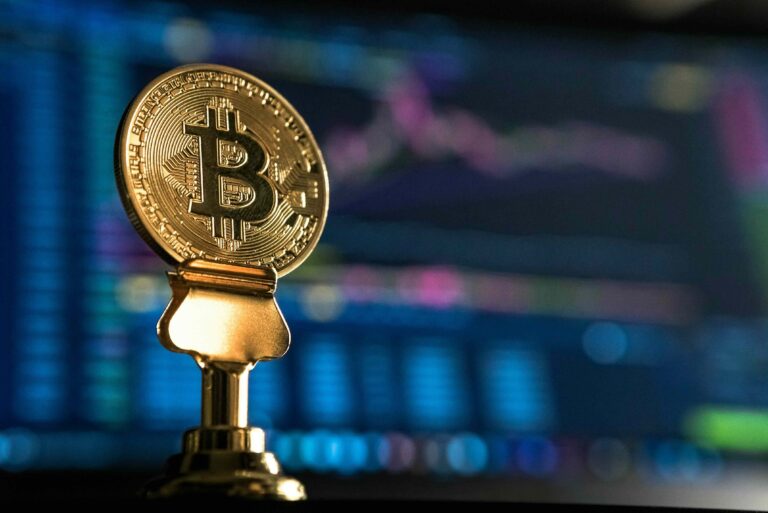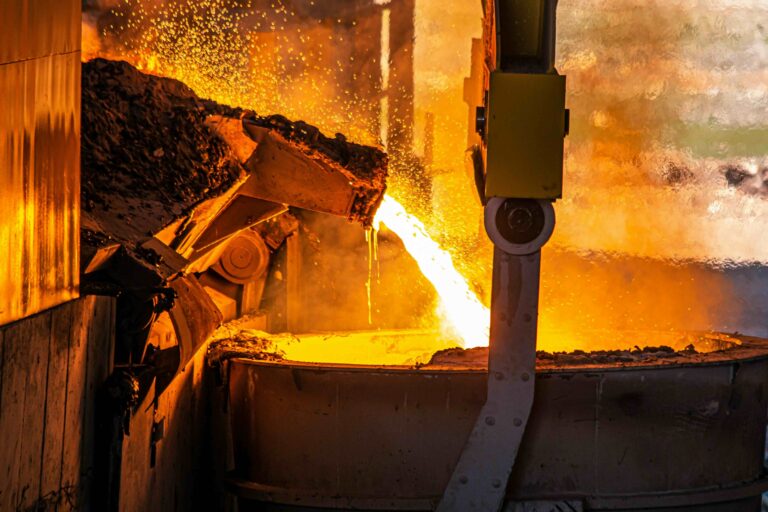It’s not easy to be the Chinese economy these days. You’ve got youth unemployment so high that the government “disappeared” the data. Deflation is on your doorstep. Your retail sales are way down. Your fixed asset investments are down. And now real estate – where 70% of your residents’ net worth resides, and the industry where nearly a quarter of your economic value is generated – is tumbling.
Will Crashing Chinese Real Estate Prices Crash the Chinese Economy?
January-to-July real estate investment dropped by 8.5% from the prior year, but more worrisome is that property sales are down 21% in 2023 in monetary terms and 28% in square footage terms.
As I just explained on the BBC News, trees don’t grow to the sky, and neither do property prices.
Photo courtesy of James’ friend who happened to catch him on the news; newsreel courtesy of BBC.
Just as physics has laws of gravity and thermodynamics, the Chinese economy has been heavily based on the true-for-40-years notion that Chinese property prices always increase. It’s been a magnificent wealth builder for Chinese individual, company, and local government alike.
What happens when prices don’t increase? Real estate companies like Country Garden struggle to make debt payments. Trust companies like Zhongrong that loaned retiree money to real estate companies – archaeopteryxes, I called them on BBC, for being the link between the real estate sector and mass-market retirees – also can’t make payments (note the photo of the big metal fence Zhongrong installed outside its Beijing headquarters, and note that in this article, police are preemptively visiting the homes of investors in Zhongzhi Enterprise Group, which has an ownership stake in Zhongrong, to tell them not to protest).
This scares people away from real estate, which is a problem for local governments that traditionally financed a chunk of the social spending they had to do via legitimate long-term land leases (Chinese land belongs to the government, or the people, depending on your perspective, so land “sales” are typically 70-year leases), as well as some fake sales, too, apparently.
It’s bad, yes, but aspects of the Chinese economy have been bad before and the government stepped in to help. This time, it’s real estate, and this time, the government seems less eager to jump in to help – perhaps, as some have speculated, because China already has a lot of debt, because this problem can’t be solved by the typical big infrastructure spend (in fact, that would make the problem worse; likewise, it’s ironic that not long ago Beijing was doing its best to curb property prices), because the government is averse to direct-to-citizen payments, or perhaps for some other reason entirely.
Further support of some nature seems likely to happen; in the meantime, however, foreign investors have been heading for the exits.
Neither James nor BBAE has a position in any company or security mentioned.















